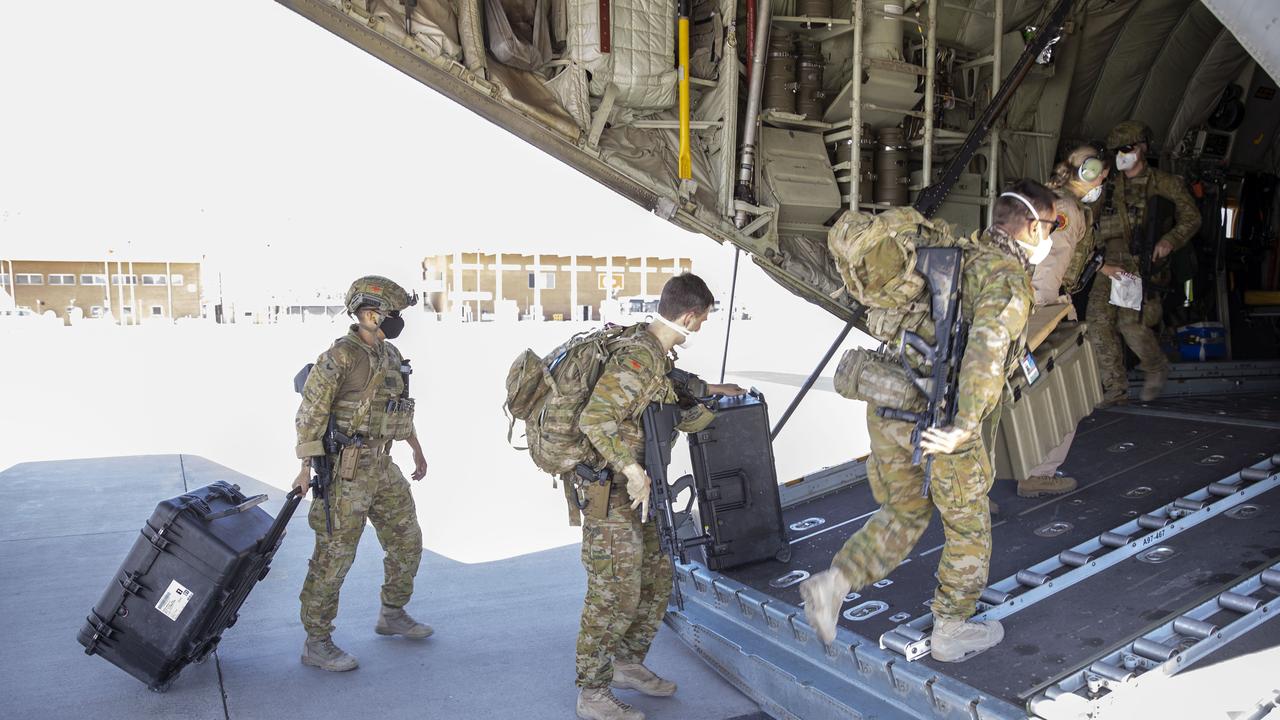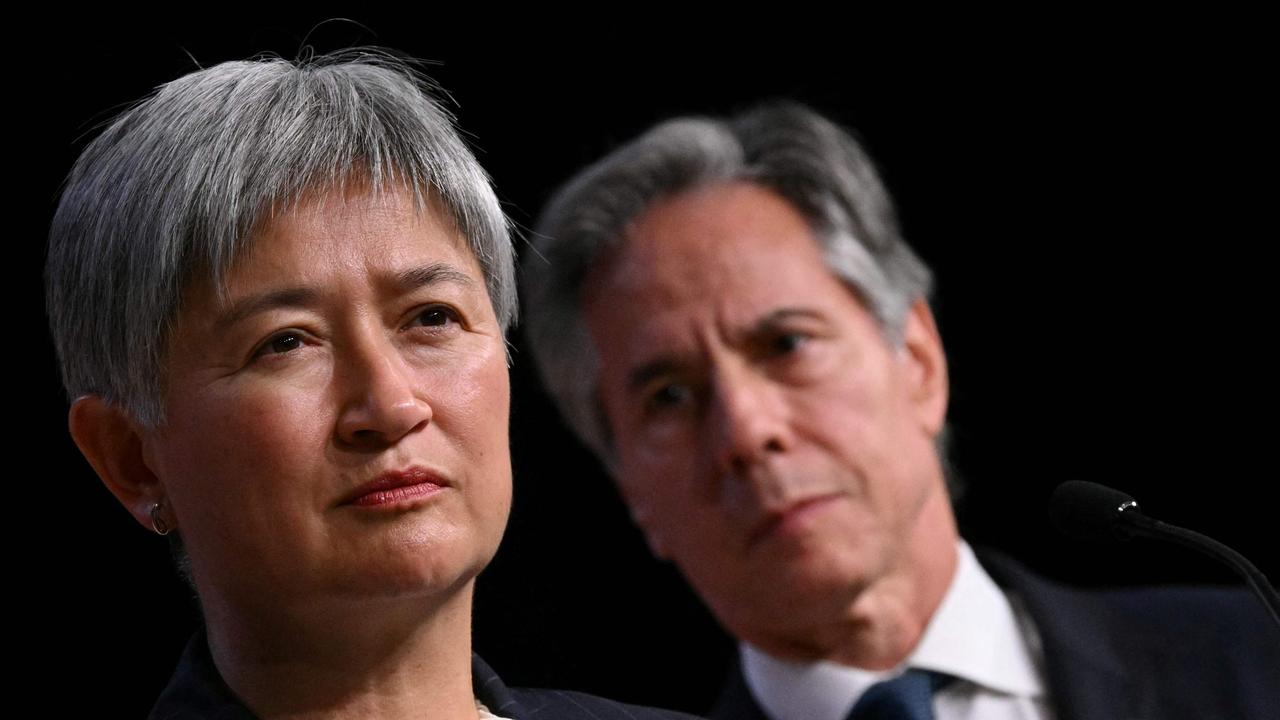Australia must do more to combat Chinese aggression, think tank warns
A major think tank says Australia must urgently plug big gaps in its defence to counter an increasingly aggressive China.
Stealth bombers, more troops and deeper defence ties with Japan are just some of the urgent measures needed to fix massive shortcomings in Australia’s defence, a think tank says.
Faced with an increasingly assertive China, the right-leaning Institute of Public Affairs (IPA) warned that Australia was “dramatically underprepared” to defend itself in a regional conflict in a report released on Wednesday.
“Australia is facing its most challenging security environment since the Second World War, yet the country is dramatically underprepared for the possibility of conflict in the Indo-Pacific,” IPA executive director Scott Hargreaves said.
He said both Labor and Coalition governments had failed to react to geopolitical shifts and deteriorating security in the Indo-Pacific region.
“It is time for a reboot, one built on a sense of urgency, that can be delivered quickly,” Mr Hargreaves said.
The report, jointly produced with defence think tank Strategic Analysis Australia, found six key steps Australia could take to better prepare itself.

Among them are getting state-of-the-art stealth bombers into the AUKUS security pact, boosting US troop numbers in northern Australia from about 2500 to 16,000, and bringing Japan into ANZUS.
Under the recommendations, Japanese troops would also be deployed in permanent rotations to northern Australia.
Others include deepening defence and intelligence ties with India, building a Pacific response force to bolster relations with regional neighbours, and setting up permanent deployments to Australia’s external territories, such as Norfolk Island.
A Chinese invasion of Taiwan was the most likely trigger of a war in the region, the report said.
Taiwanese authorities regularly report incursions by Chinese naval vessels.
“If there is a conflict over Taiwan, we think it highly unlikely that war can be localised to the island of Taiwan and the straits which separate it from the mainland,” report contributor and defence expert Peter Jennings said.
“A significant war would draw in the US and neighbouring states Japan and the Philippines. Australia will be involved to some degree however reluctantly.”

The report comes as Australia and the US pledged to further strengthen military co-operation in the Indo-Pacific.
Foreign Minister Penny Wong and Defence Minister Richard Marles met their US counterparts for the AUSMIN forum in Annapolis, Maryland, on Tuesday.
The talks focused on steps to counter Chinese aggression in the Indo-Pacific, including increasing joint military exercises.
“We’ve agreed on the importance of maintaining peace and stability in the South China Seas and the East China Seas and countering any attempts at coercion,” US State Secretary Antony Blinken said.
“At the heart of our work in the Indo-Pacific is our alliance with Australia. Today (was) yet another step forward in deepening and strengthening that alliance.”
Senator Wong echoed Mr Blinken’s words, saying Canberra and Washington were mustering “all our elements of national power to maintaining peace and deterring conflict”.
“This is about an investment in the protection of democracy, one of the many things we share,” she said.
Read related topics:China



